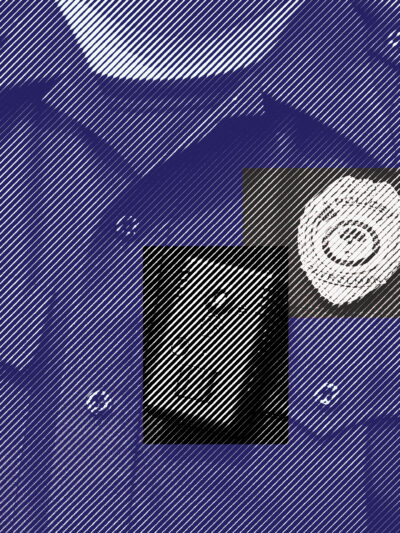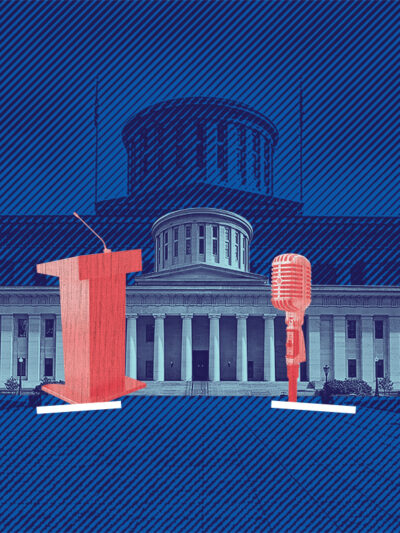News & Commentary
Feb 10, 2025
Police Identities Hidden Under Victims’ Rights Law: Marsy’s Law and access to police records
A transparent government can be an accountable government.
By Patrick Higgins

Dec 10, 2024
Sub. House Bill 206 – Opponent Testimony
The ACLU of Ohio submits HB 206 grants far too much authority to a single individual, and we are concerned these powers will be abused and unevenly applied. We encourage lawmakers to reject Substitute House Bill 206.
By Gary Daniels

Dec 10, 2024
Senate Bill 37 - Proponent Testimony
The ACLU of Ohio supports Senate Bill 37 because it is a stride in addressing flaws in existing law regarding how our state addresses offenses unrelated to driving that are currently standing between Ohioans and their ability to get to places like work and school.
By Patrick Higgins

Dec 09, 2024
Am. Sub. House Bill 8 – Opponent Testimony
The ACLU of Ohio remains gravely concerned about the dangers to student health and safety posed by the provisions of this bill and we urge the Committee’s rejection of HB 8.
By Sean McCann

Dec 09, 2024
Senate Bill 297 - Opponent Testimony
The ACLU of Ohio rejects any attempt to limit and outlaw constitutionally protected free speech, even speech we, you, and others may find abhorrent.
By Gary Daniels

Dec 09, 2024
Greater CLE Youth Justice Collective: Response to Negative Media Coverage
The Greater CLE Youth Justice Collective is concerned about a negative trend in the way various community stakeholders discuss court-involved youth in greater Cleveland.
By Celina Coming

Dec 06, 2024
Ohio Legalized But Hasn't Repaired: a Joint Effort is Necessary
Just over one year ago, many of us celebrated the passage of Issue 2, a citizen-initiated statute that legalized adult-use cannabis in Ohio.
By Patrick Higgins

Dec 03, 2024
Substitute House Bill 289 - Opponent Testimony
The ACLU of Ohio does encourage the members of this committee to be cognizant of the unrealistic demands HB 289 places on your homeless constituents and the various ways it encourages, rather than minimizes, failure of various types.
By Gary Daniels

Stay Informed
Sign up to be the first to hear about how to take action.
By completing this form, I agree to receive occasional emails per the terms of the ACLU’s privacy statement.
By completing this form, I agree to receive occasional emails per the terms of the ACLU’s privacy statement.

